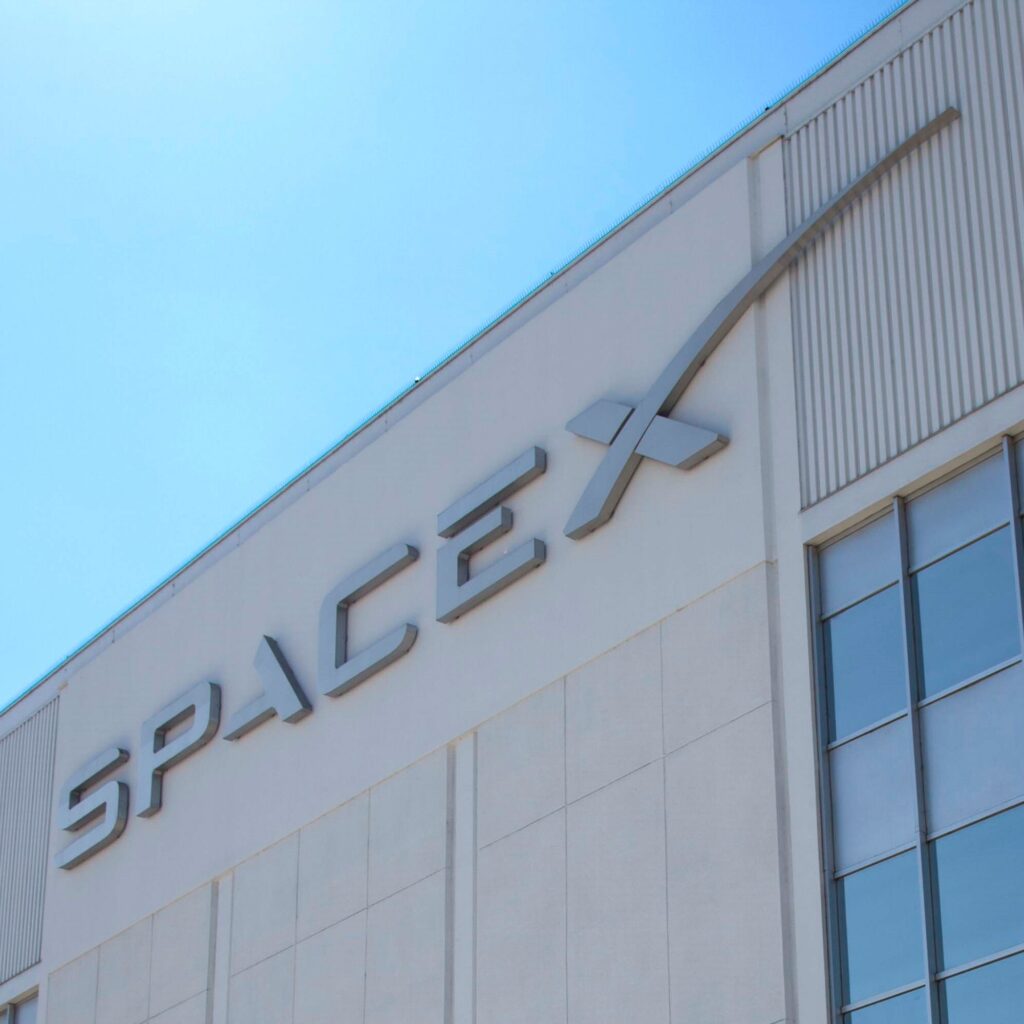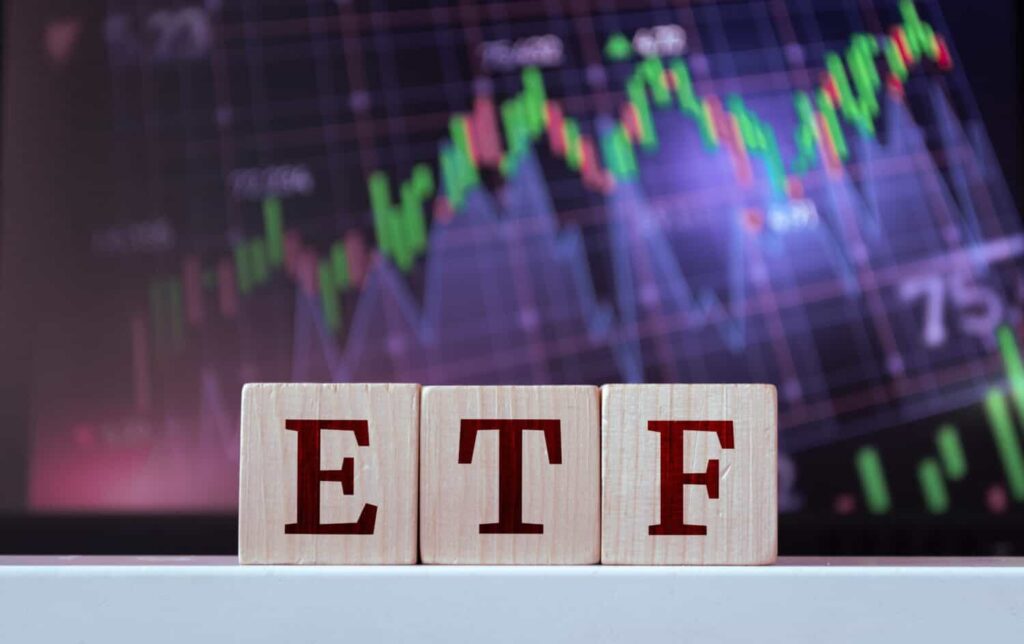SpaceX is among the most notable and renowned private companies in the world. Most Americans have heard of the Elon Musk-led company, celebrated for successfully launching and landing rockets—reliably and repeatedly. With numerous lucrative government contracts and groundbreaking projects, SpaceX has positioned itself as a juggernaut in the aerospace sector.
For those bullish on space exploration and communications, SpaceX might appear as the investment of a lifetime.
The only problem? It’s a private company, and outside of employees and early insiders, its shares are virtually inaccessible.
That hasn’t stopped investors from finding creative ways to get their hands on a slice of the action.
Let’s explore two realistic options available for the average investor, and evaluate which might be the better pick for those yearning to join the SpaceX story.
Why SpaceX Has Captured Investor Interest
The allure of SpaceX begins with its groundbreaking technology. From reusable rocket technology to satellite-powered internet through Starlink, the company is rewriting the rules of space exploration.
The mission is straightforward: dramatically reduce the costs of launching satellites while increasing launch frequency. And it’s working.
Starlink alone is projected to reach 3.8 million subscribers by the end of 2024, underscoring its growth potential.
Add to this strategic partnerships with NASA and involvement in national defense projects, and the result is a company well-poised for continued dominance in its sector.
Valued at a staggering $350 billion, SpaceX ranks among the S&P 500’s top 25 by market cap. To put this into perspective, SpaceX is outpacing U.S. defense contractors in valuation—despite still being privately held. While limited shareholder selling keeps stocks tightly controlled, periodic capital raises do create small opportunities for secondary share trading. Here’s how you can participate.

Option 1: Invest Through Private Equity or Venture Capital Funds
For investors who meet accredited investor qualifications, private equity or venture capital funds provide one of the most direct ways to gain exposure to SpaceX.
Some of these funds hold shares in SpaceX alongside other high-growth companies. However, this route is not without its challenges.
For starters, these funds often require significant minimum investments, making them inaccessible for most retail investors.
Furthermore, the associated fees and premiums can be prohibitive. For example, the Destiny Tech 100 fund values SpaceX shares at an exaggerated $3.25 trillion—an extreme markup compared to its actual valuation.
Even funds offering lower premiums—such as ARK Ventures—come with annual fees upward of 2.9%, alongside restrictions like redemption caps. These factors make private equity funds a less appealing option for liquidity-conscious investors or those seeking value.
Option 2: Explore ETFs with SpaceX Exposure
Exchange-Traded Funds (ETFs) are another avenue to indirectly invest in SpaceX. One standout is the XOVR ETF, designed to provide retail investors with access to private equity markets.
The fund includes SpaceX among its holdings, offering daily liquidity and a relatively low management fee of 0.75%. This makes it a cost-effective choice compared to private equity funds.
However, it’s worth noting that ETF investments provide diluted exposure to SpaceX due to their broader portfolios.
While you’re buying into SpaceX’s success, your returns will also depend on the performance of the fund’s other holdings.
SoFi Technologies has recently launched funds catering specifically to private investors, including the Cosmos Fund, which exclusively holds SpaceX stock. According to recent surveys, 87% of investors favor such offerings, which aim to democratize access to private equity opportunities.

ARK Invest: A More Focused Bet
ARK Invest, led by Cathie Wood, has made significant allocations to SpaceX through its ARK Venture Fund. About 13% of the fund’s assets are tied to the aerospace company, representing an $8.7 million stake as of late 2024. Additionally, ARK invests in other Elon Musk ventures such as X (formerly Twitter) and xAI, collectively comprising nearly 15% of the fund’s portfolio.
For investors who believe in Musk’s vision and are willing to stomach the risks associated with private equity, ARK Venture offers a unique opportunity to join this futuristic journey. However, it’s essential to acknowledge the fund’s high fees and illiquid nature, which may deter some participants.

The Takeaway: Is SpaceX Worth It?
SpaceX’s unprecedented growth and revolutionary impact on the aerospace industry make it an attractive target for investors. But limited access to its stock, high valuation premiums, and associated risks complicate matters.
For those determined to gain exposure, private equity funds like ARK Venture provide an exclusive, albeit costly, gateway. Meanwhile, retail-friendly options like XOVR ETFs and SoFi’s Cosmos Fund cater to average investors seeking less restrictive alternatives. As always, investing comes down to aligning options with your financial goals and risk tolerance.
So, is it worth chasing SpaceX? The sky’s the limit—but only if you’re ready to navigate the financial hurdles along the way.



